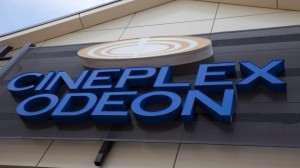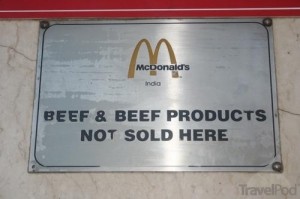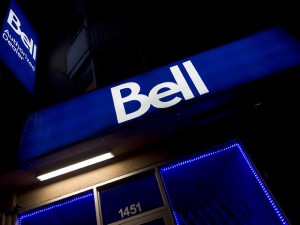“An economy is only as good as its supply of talent” IBM’s vice-president of innovation and relations with universities said in a Globe and Mail report. This captures the necessity for companies to give proper acknowledgement to the minds that allow their business to grow- and continue to do so.
Innovation is not encouraged the same way corporate efficiency is. Narrow management hierarchies that segment workers and create bureaucracy often only serve to marginalize the creative centres in a company. As Zappos has proven with its revolutionary corporate culture of “play hard, work hard”, it pays to treat your employees well. In the technology industry, where the mind of engineers and designers are essential for a company to remain competitive, recognition must be given. Rewarding innovators with vacation time or bonuses not only serve as incentive to stay loyal to the company (as creative minds are in high demand), but also gives them the leisure to create new ideas, products etc. Keeping research and development teams under constant pressure from budget and time constraints often results in decreased productivity, and ultimately, less profits. So as IBM’s VP says, “We need to get back to treating technologists as rock stars.”






